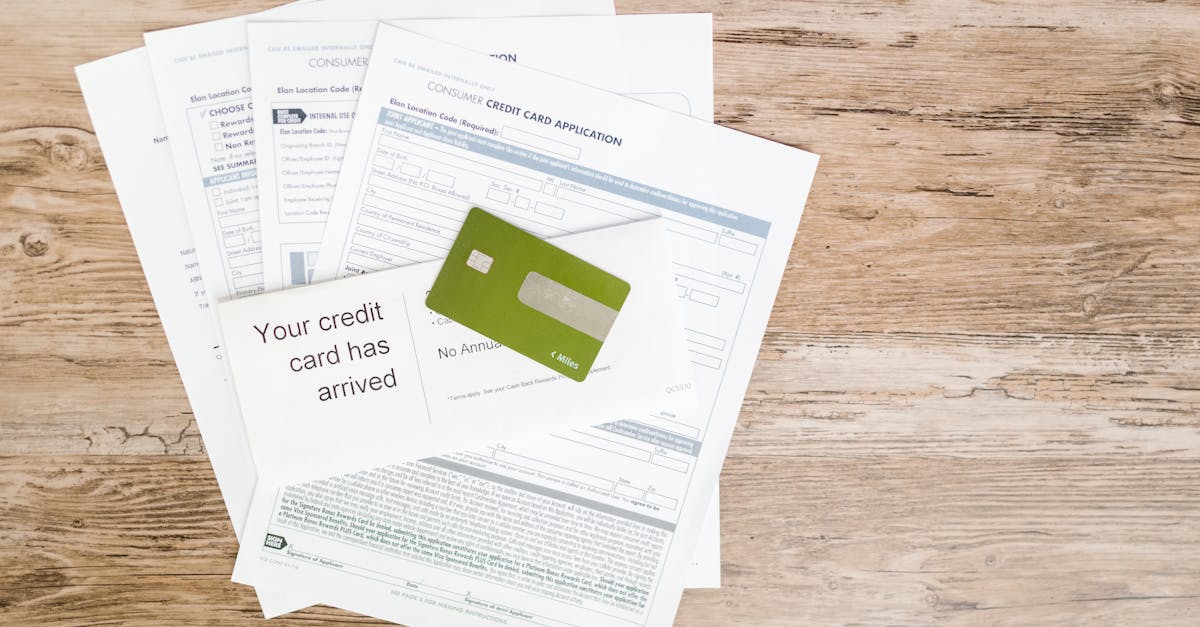The Ultimate Guide to Retirement Planning
Introduction
Retirement planning is crucial for ensuring financial security and peace of mind during your golden years. It encompasses various strategies to accumulate sufficient savings and investments to support your lifestyle after retiring. This ultimate guide will provide an in-depth understanding of how to effectively prepare for life after work.
Advertisement
Understanding Retirement Goals
The first step in retirement planning is identifying your goals. Consider the lifestyle you wish to maintain, including travel, hobbies, and where you plan to live. Understanding your objectives will guide your savings strategy and help set realistic financial goals.
Advertisement
Estimating Future Expenses
Estimating future expenses is vital to determine how much you need to save. Consider inflation, healthcare costs, and potential lifestyle changes. Planning for unforeseen expenses, such as medical emergencies, is equally important to prevent financial strain during retirement.
Advertisement
Creating a Retirement Budget
Establish a retirement budget that aligns with your estimated expenses and income sources. Include pensions, social security benefits, and any passive income streams. A budget helps in understanding potential gaps between income and expenditure, allowing for adjustments to your saving and investment strategies.
Advertisement
Maximizing Retirement Accounts
Contribute consistently to retirement accounts like 401(k)s or IRAs to take advantage of tax benefits and compound interest. Explore employer matching programs, which can significantly boost your retirement savings. Diversifying your investments across various portfolios can mitigate risks and enhance growth.
Advertisement
Investment Strategies for Growth
Adopt a balanced investment strategy to achieve steady growth in your retirement savings. Allocate assets based on your risk tolerance and time horizon. Adjust your portfolio periodically to align with market dynamics and your evolving retirement timeline.
Advertisement
Tax Planning for Retirement
Effective tax planning can significantly impact your retirement savings. Understand the tax implications of different retirement accounts and explore strategies to minimize taxes, such as Roth conversions. Consult with a tax advisor to optimize your retirement tax strategy.
Advertisement
Healthcare and Retirement
Healthcare costs can become significant during retirement. Plan for medical expenses by understanding health insurance options, including Medicare. Long-term care insurance might be beneficial as it covers potential extended care needs, providing peace of mind for future health-related expenses.
Advertisement
Retirement Withdrawal Strategies
Develop a withdrawal strategy that ensures your savings last throughout retirement. Consider the 4% rule, which suggests withdrawing 4% of your retirement savings annually, adjusted for inflation. Tailor your strategy to your specific financial goals and circumstances.
Advertisement
Summary and Conclusion
In conclusion, comprehensive retirement planning is essential for a secure and comfortable post-work life. By setting clear goals, budgeting wisely, and maximizing investments and benefits, you can successfully prepare for retirement. Stay informed and proactive to adjust your strategies as needed, ensuring a worry-free retirement journey.
Advertisement


